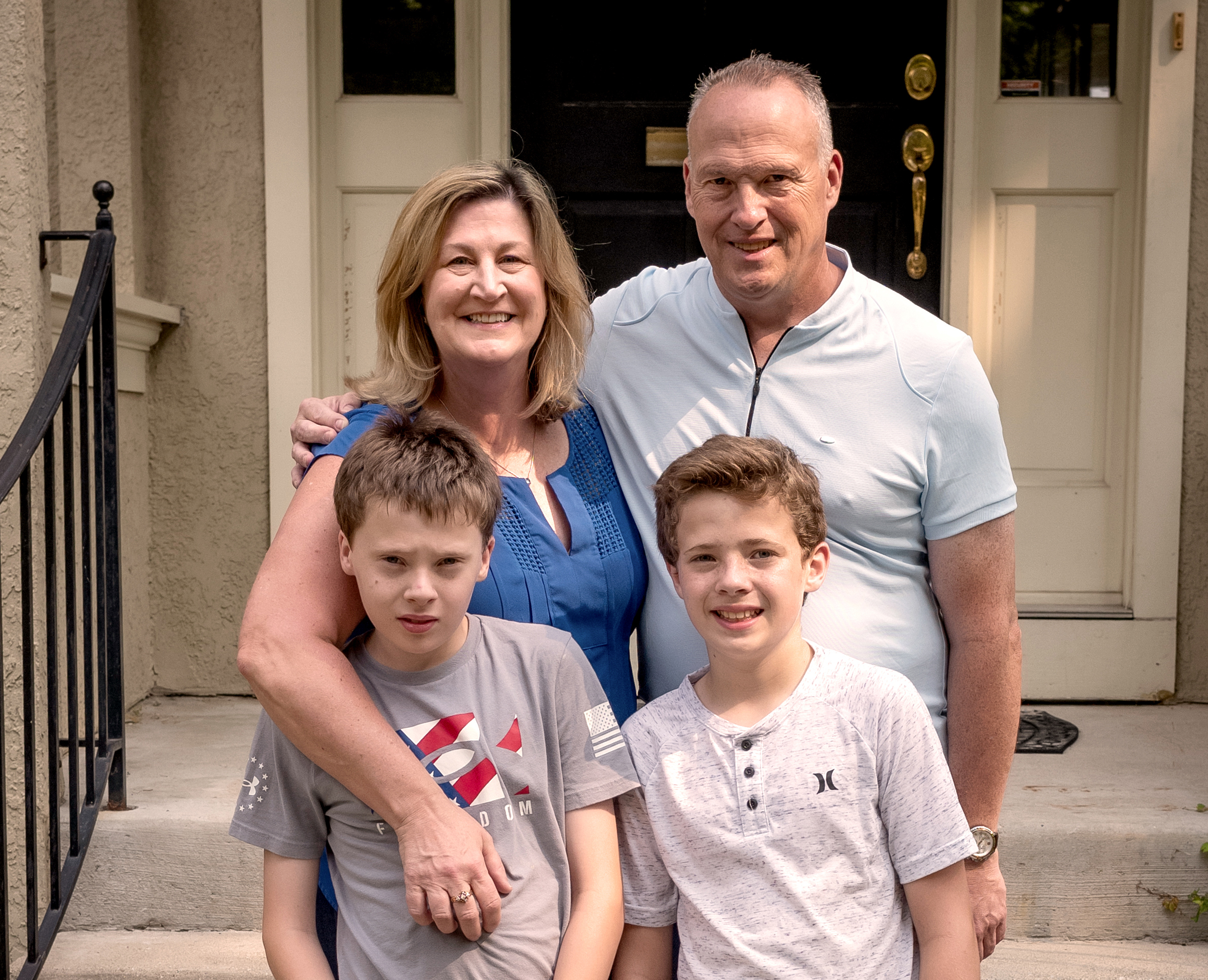Learn more about healthy, happy relationships—no matter what your status is.
Here’s where you’ll find answers to common questions about relationships, tips for staying safe
while you’re interacting online, and links to our other relationship resources.
Common Questions about Relationships
How do I know if I’m ready for a relationship?
Every person is different, so there’s no “right” way to tell if you’re ready. But here are a few questions to ask yourself to help figure it out:
- Do I know what qualities I’d like in a partner?
- Am I ready to handle physical intimacy? Am I ready to set boundaries or say “no” if something doesn’t feel right?
- Does this feel right to me, or am I being pressured by friends or other influences?
Being ready to date may also depend on your family’s beliefs and rules, so find out what they think. If you are struggling to communicate with them, or you feel their ideas clash with yours, consider talking it out with a counselor at Response for Teens —either one-on-one or with family members.
How do I ask someone out?
Asking someone on a date can be nerve-wracking, so the first thing to do is to relax—do something that helps you feel calm. Next, remind yourself that you’re a good person, regardless of whether the answer is “yes” or “no.” Confidence is appealing to others, and it’ll help you bounce back if you get turned down. Finally, start a conversation. Ask your crush about themselves and what they like to do. Not only will this make things feel less awkward, but you might discover an activity or place you both enjoy that would make a great first date.
Love Is Respect has some more great tips on how to respectfully ask someone out.
How do I know if I’m in a healthy relationship?
Unhealthy or abusive behavior can happen to anyone—whether they’re in a long term relationship or just hooking up. Here are some questions to ask yourself if you are unsure about your relationship:
- Do you have problems communicating respectfully with your partner? Is there a lot of fighting? Do you feel like your thoughts or opinions don’t matter?
- Does your partner often tell you what you’re doing wrong (or that they do things better than you do)?
- Do you feel like you don’t have the independence you want? Does your partner try to control what you do or say, or try to keep you from seeing friends or family?
If the answer to any of these questions is “yes,” it might be a good idea to talk to someone you trust about whether the relationship should continue. Above all, trust your gut—if it doesn’t feel right or good, the relationship might not be right for you.
Online Relationship Tips
Here are a few guidelines for happy and healthy online relationships—whether they’re with people you know well or people you’ve never met face-to-face.
- Be yourself. The internet is full of people pretending to be someone else or behaving differently than they do in person. Don’t be one of them! Remember that who you really are should be enough for anyone—and if they don’t like it, move on.
- Be kind. It can be tempting to engage in online fights, especially if you’re posting anonymously. Take a breath and think before you post. A real person with real feelings is going to read what you write. And if someone is nasty to you online, take the high road and don’t respond. If the harassment keeps up, block the bully and talk to someone you trust about what’s going on.
- Consent is key. In all types of interactions with current or possible sex partners, all parties need to agree to the activities taking place. This includes online activities like requesting or receiving pictures. And even if you’ve consented to exchange photos or intimate messages, be careful what you share. There might be consequences later, especially if there’s a fight or a breakup.
- Set boundaries with strangers. When you’re online with someone you’ve never met in person, be cautious. Don’t exchange photos or messages of a sexual nature. Don’t give out your address, number, or other details that might help them track you down in person. And definitely don’t agree to meet face-to-face unless it’s in a very public place, you’ve told a friend or family member beforehand what you’re doing, and you take someone you trust with you.
More Information
Want more information on relationships? Response for Teens offers the following resources:
- Glossary: Look up more common terms related to relationships and sex.
- Helpful Links: Links to other sites and organizations that provide information about relationships, dating violence prevention, online dating, and more.
- Sexual Health Initiatives: Pregnancy testing, options counseling and sexual health questions

We're Here
to Help.
For assistance or more information, call us at 855.275.5237 or email us at Ask@JCFS.org.




 Back
Back